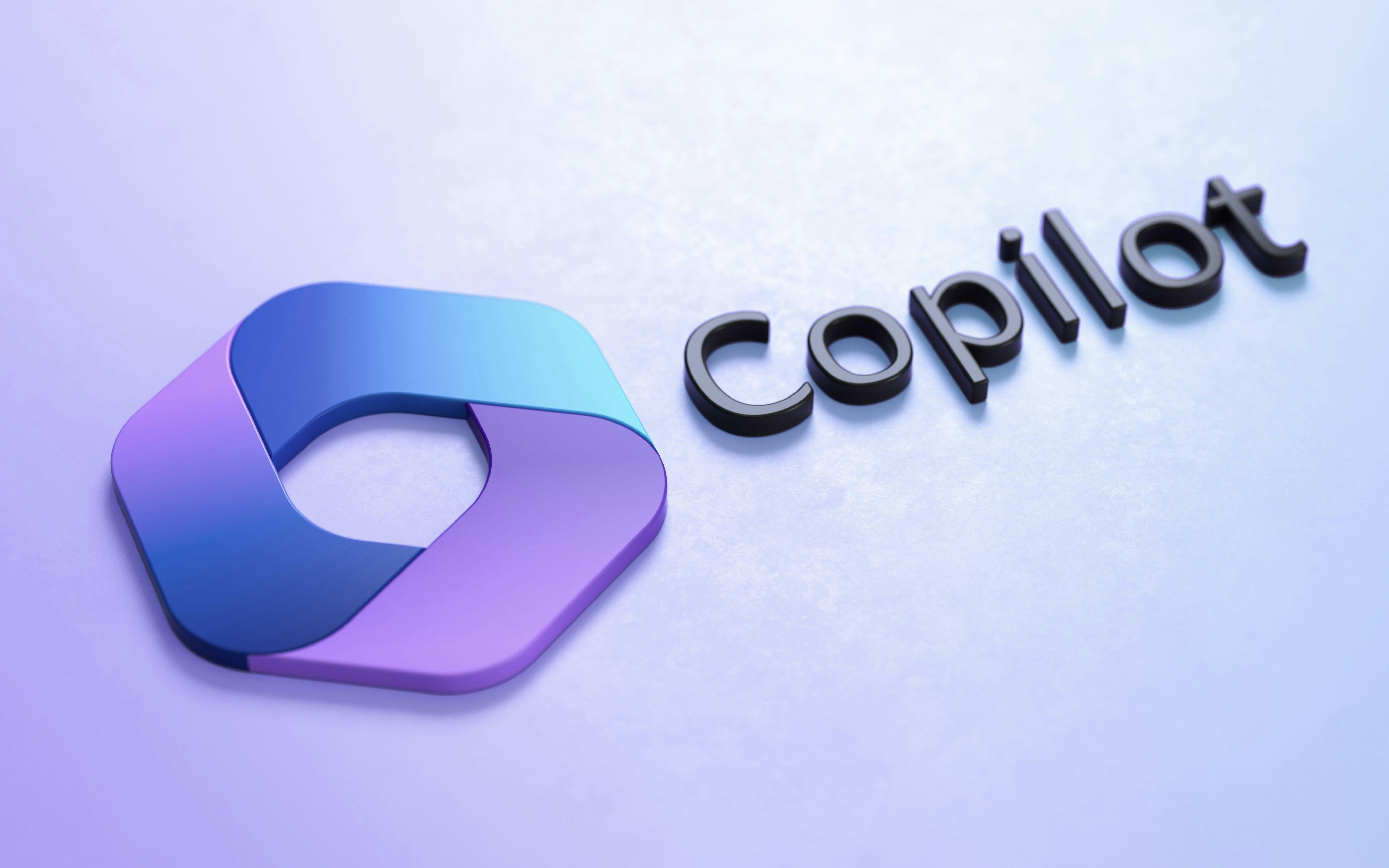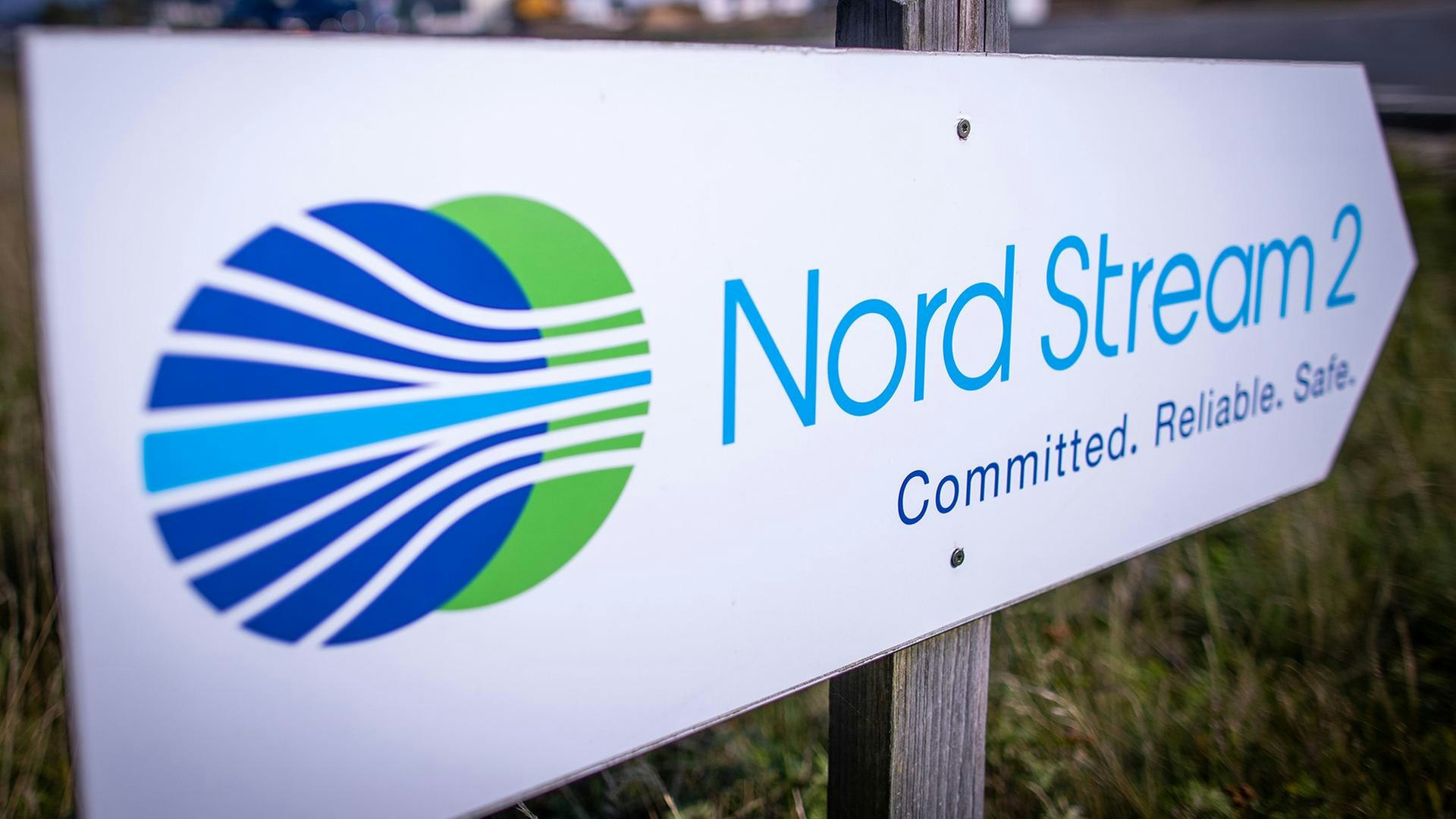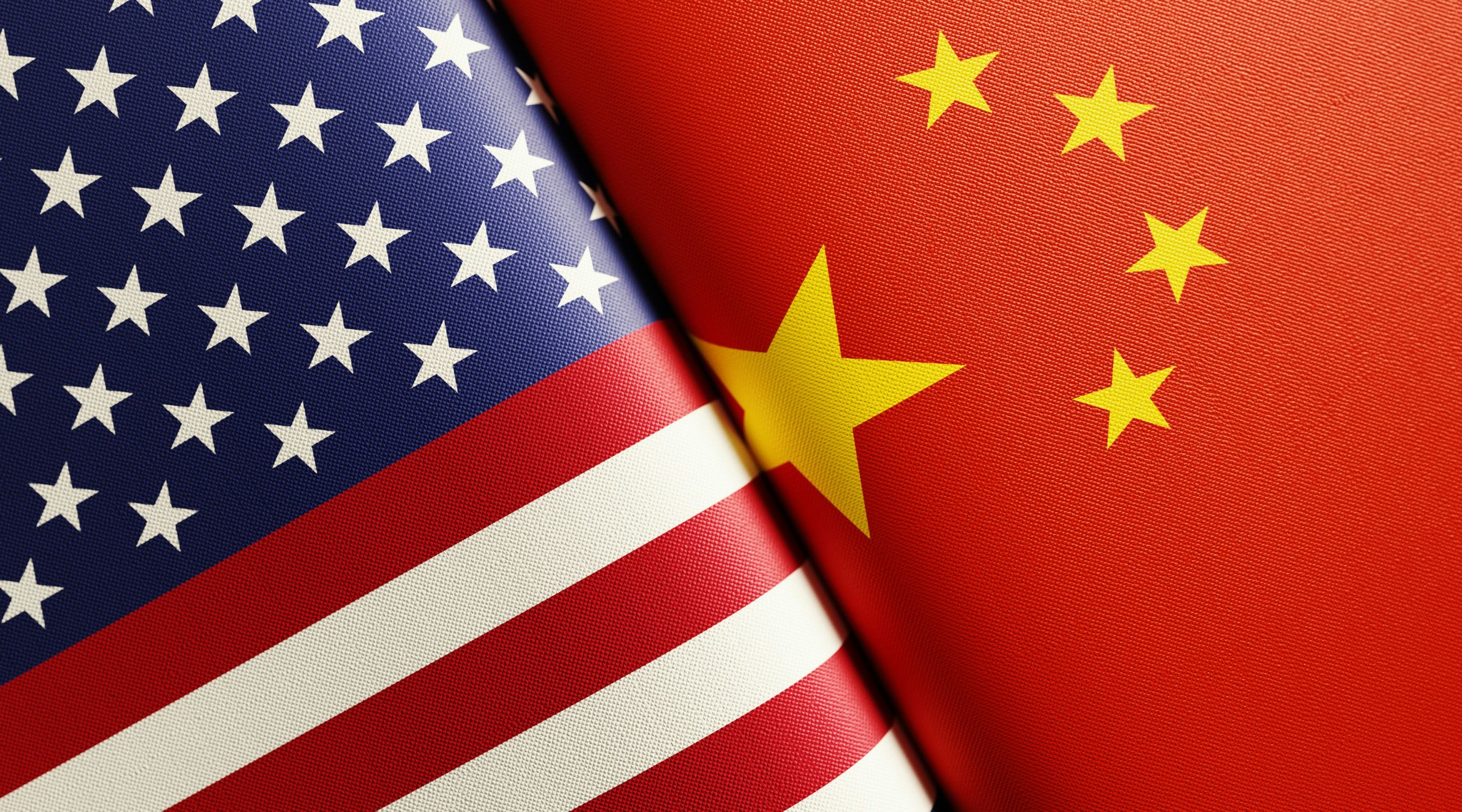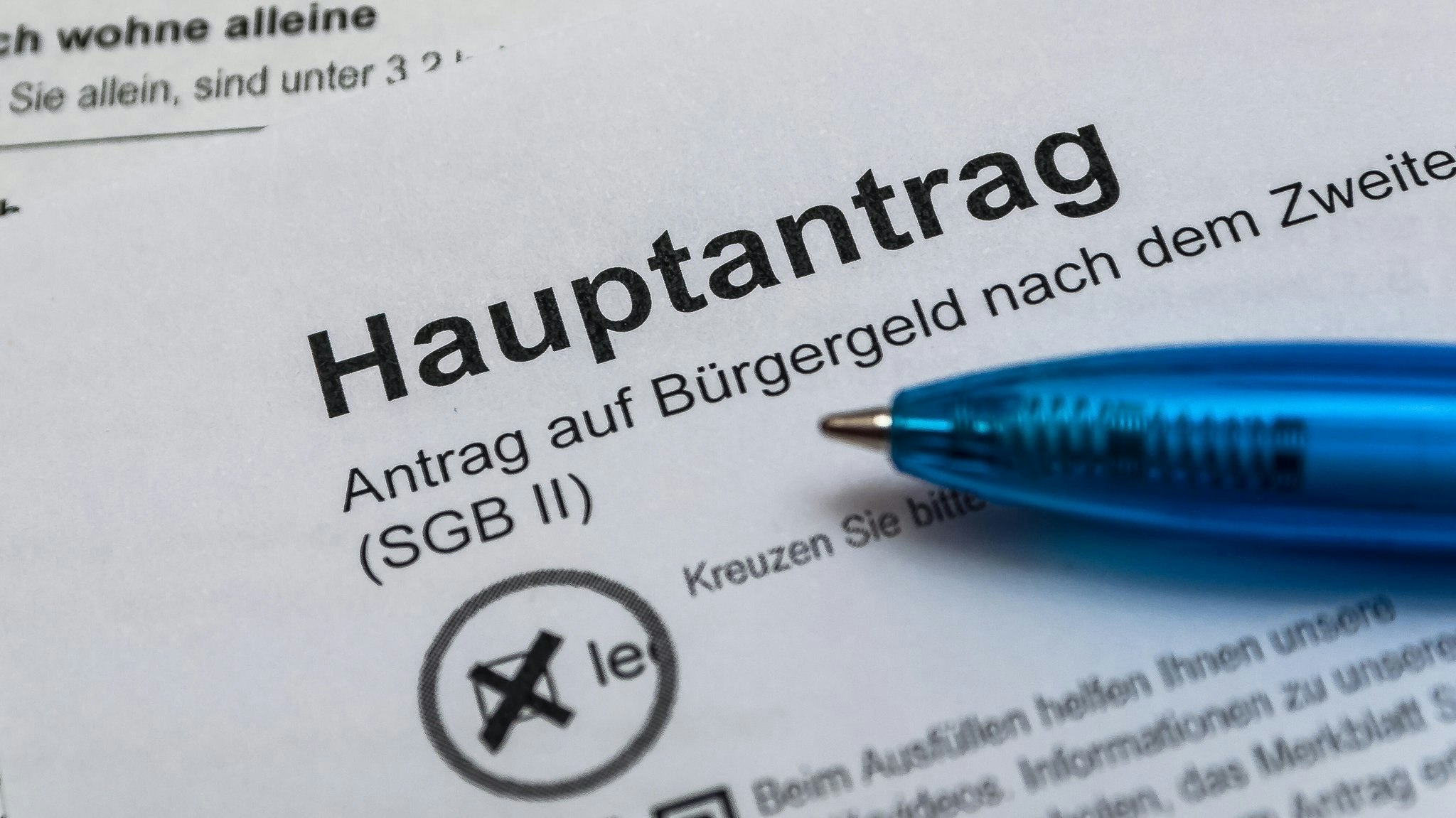Microsoft achieved record revenue last quarter but is struggling with capacity bottlenecks in the cloud business. The revenues of the cloud division, including the Azure platform, grew by 21 percent to $40.9 billion – just below analysts' estimates of $41.1 billion. Despite an AI-driven revenue jump of 157 percent in Azure services, the tech company could not fully meet expectations.
The disappointing figures caused Microsoft's stock to fall more than 4 percent in after-hours trading, corresponding to a market value loss of around 150 billion US dollars. Overall, the company's revenue rose by 12 percent to a record level of 69.6 billion US dollars. Net profit increased by 10 percent to 24.1 billion US dollars, exceeding the estimates of 23.5 billion US dollars.
A central factor for the weaker cloud numbers is capacity constraints, which CFO Amy Hood sees as a growth inhibitor until the end of the current fiscal year. To address these challenges, Microsoft invested $22.6 billion in infrastructure this quarter—twice as much as last year. For the entire fiscal year, spending is expected to rise to about $80 billion, especially for expanding data centers to scale AI applications.
The increasing investments are taking place against the backdrop of growing competition from the Chinese AI startup DeepSeek. The company claims it can compete on equal footing with OpenAI – Microsoft's most important AI partner – with significantly lower costs.
Nevertheless, CEO Satya Nadella remained calm. "We are on the verge of broad commercialization of the technology, which will benefit customers," he explained. A comparison with the cloud revolution shows that falling costs ultimately lead to increased demand.
Microsoft is among the biggest beneficiaries of the AI boom, recently surpassing the $3 trillion market capitalization mark. The company has invested more than $13 billion in OpenAI, whose models form the core of Microsoft's AI services.
Recently, Microsoft adjusted its agreement with OpenAI, allowing the start-up to use cloud services from competitors – but reserved a right of first refusal. At the same time, OpenAI, together with Oracle and SoftBank, is investing more than $100 billion in the Stargate project, a new AI infrastructure.
Your success is our success," Nadella emphasized regarding the commercial agreements with OpenAI. At the same time, he warned of rising costs: "You don't want to buy too much at once.
In the quarter, the commercial demand for AI services rose by 67 percent - largely driven by OpenAI commitments. Microsoft continues to expand its AI ecosystem while preparing for new competition from China.






